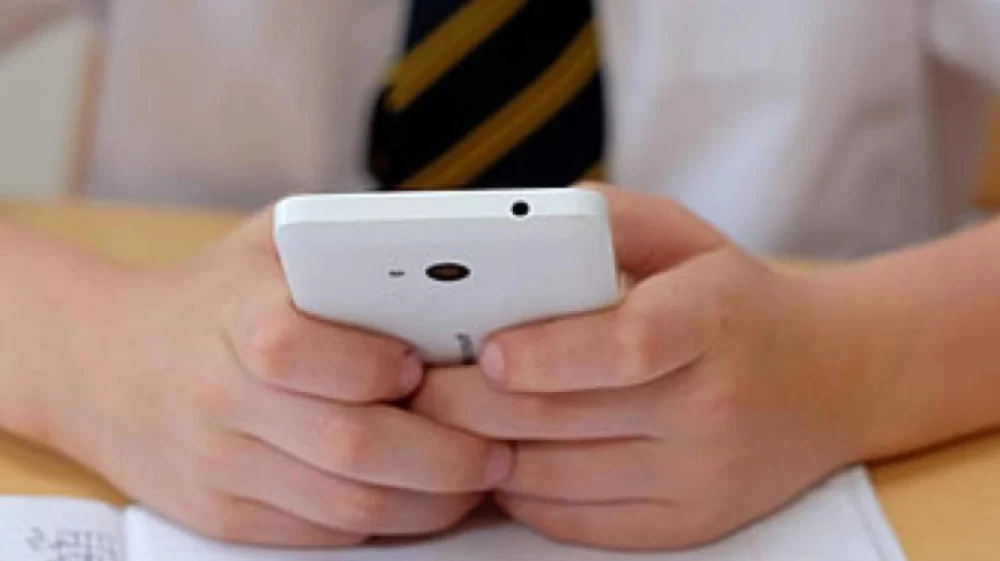
- overview-college-mobile-device-policies
- impact-of-mobile-use-on-learning-environment
- common-restrictions-and-guidelines
- enforcement-challenges-and-strategies
- student-responsibilities-and-etiquette
- legal-considerations-and-support-resources
Overview of College Mobile Device Policies
In recent years, mobile devices have become an integral part of students' daily lives, making college policies on mobile device use increasingly important. Institutions craft guidelines to balance technological benefits with maintaining an effective learning environment. These policies outline where, when, and how mobile devices can be used on campus, addressing concerns such as classroom disruptions, academic integrity, and privacy.
Understanding these policies is crucial for students to adapt and comply, ensuring their devices enhance rather than hinder their academic experience. Colleges vary widely in their approach, with some adopting flexible usage zones and others enforcing strict restrictions.
Impact of Mobile Use on the Learning Environment
Mobile devices offer significant advantages, such as easy access to research materials and instant communication. However, excessive or inappropriate use can distract students and instructors, affecting concentration and engagement. Many studies have shown that unmanaged phone use during lectures can reduce information retention.
To mitigate these issues, colleges implement mobile device policies to create a respectful educational setting. For example, some campuses designate phone-free zones or require devices to be silenced during classes. Balancing technology's advantages with minimizing distractions is an ongoing challenge for educational institutions.
Common Restrictions and Guidelines
Typical college policies include prohibiting phone use during exams to prevent cheating, restricting audio or video recording without consent, and limiting device use in libraries or study halls. Some schools mandate digital etiquette training to help students use devices responsibly.
Classroom-specific rules might differ based on professors’ preferences or course requirements. Clear signage and written policies help communicate these guidelines effectively, though flexibility is often exercised to accommodate academic needs.
Enforcement Challenges and Strategies
Enforcing mobile device policies can be difficult, especially in large lecture halls or open campus settings. Faculty and staff may struggle to monitor compliance consistently without creating confrontations.
Successful enforcement strategies include fostering a culture of mutual respect, incorporating policy details into syllabi, and using technology tools like signal blockers sparingly and legally. Peer-led initiatives and student involvement in policy development also increase acceptance and adherence.
Student Responsibilities and Etiquette
Students play a vital role in upholding college mobile device policies by practicing self-discipline and respecting classroom rules. Proper etiquette includes silencing phones during lectures, refraining from texting or browsing unrelated content, and seeking permission before recording any materials.
Demonstrating responsible use not only benefits individual learning but also supports a positive campus atmosphere. Peer influence and clear communication about expectations help reinforce these behaviors.
Legal Considerations and Support Resources
College policies must comply with broader legal frameworks, such as privacy laws and accessibility requirements. For instance, students with disabilities may require exceptions or assistive technologies involving mobile devices.
When disputes arise regarding mobile device use, students and faculty can seek guidance from campus legal advisors or offices like student affairs. For tailored advice and legal support related to college policies on mobile device use, consider consulting ESPLawyers.








